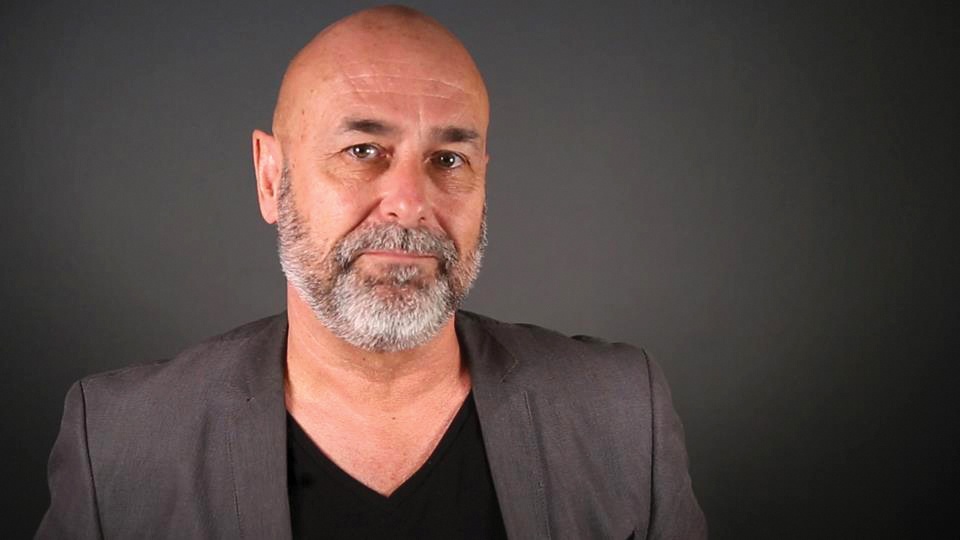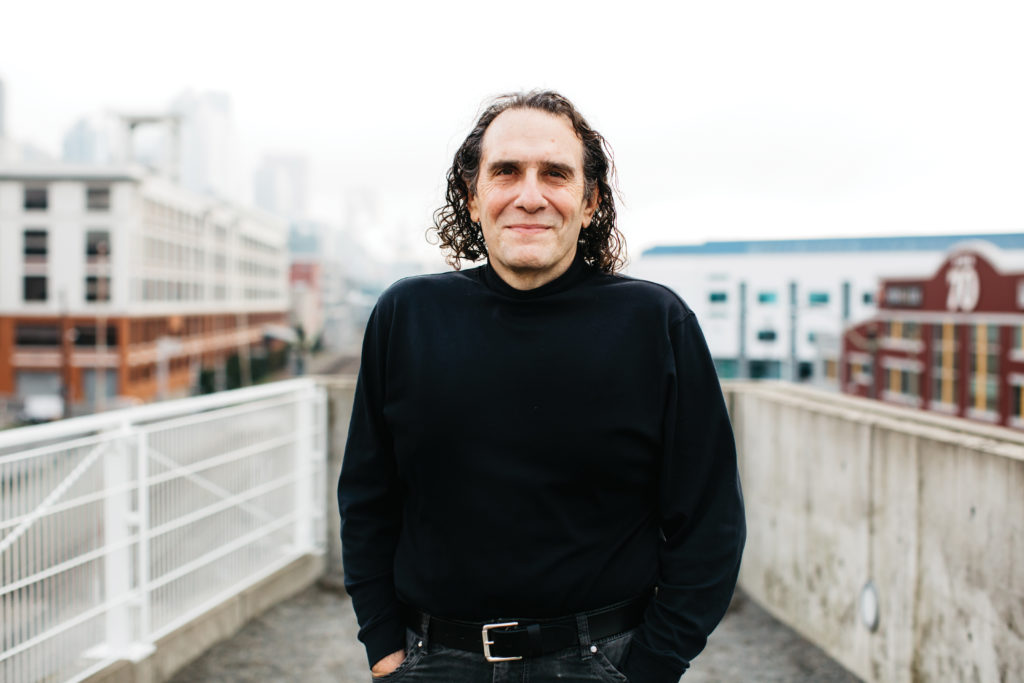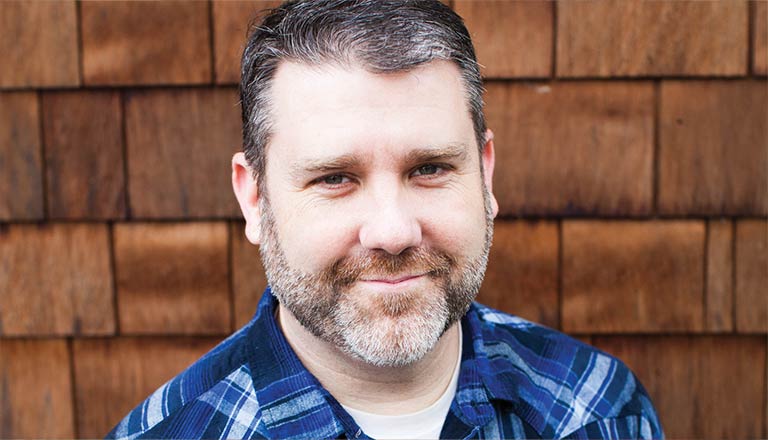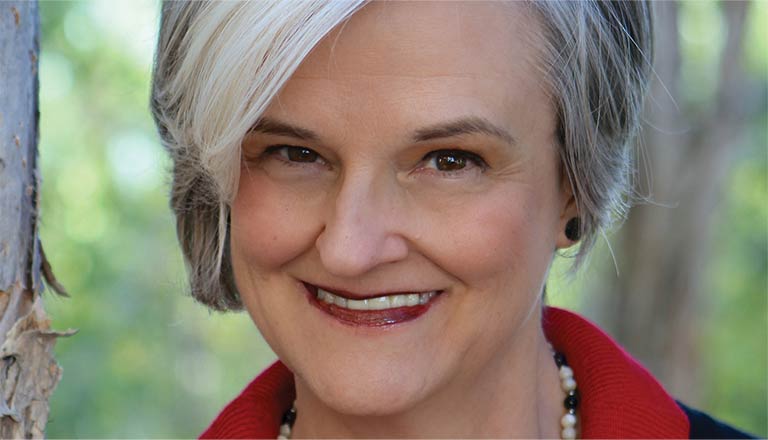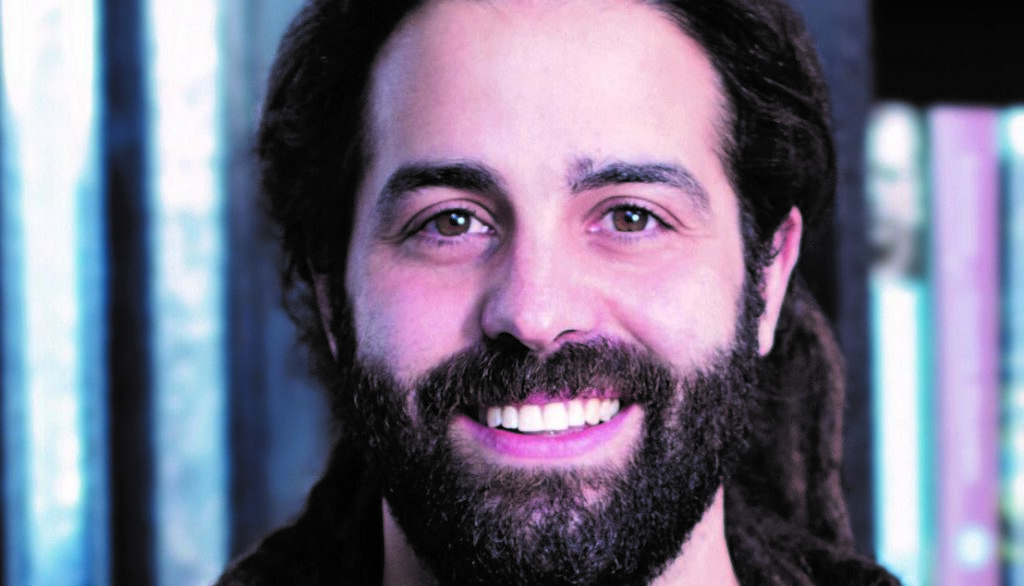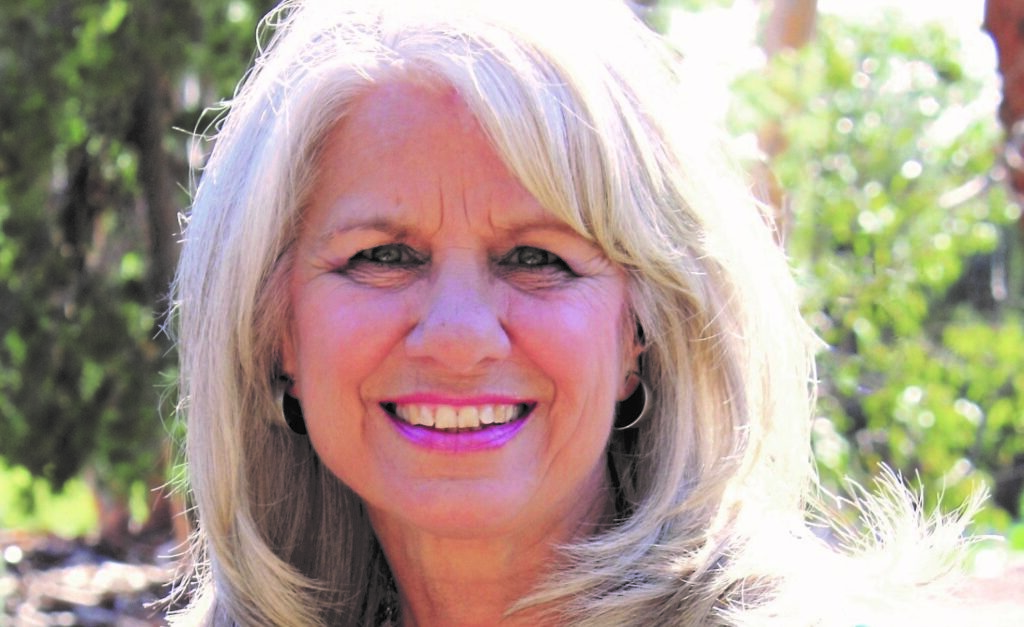
The Underestimated Theologian
The thought of sitting at the table with Eugene Peterson had been on my mind for days. It was hard for me to wrap my mind around the thought that I would have the privilege of sharing a meal with a man whose influence in my life stretched back over decades. In my estimation, he had risen to the ranks of Christian “royalty.”
It had all begun when I picked up a dog-eared copy of Run with the Horses at a friend’s house and immersed myself in Peterson’s gritty reflections on the life of my favorite prophet, Jeremiah. Not long after, I bought A Long Obedience in the Same Direction and devoured every page. Though I’ve forgotten the specific wisdom I gleaned from the book, that title has served as a signpost through every season of my life, encouraging me and reminding me that following Jesus means putting one foot in front of the other, no matter how mundane or hazardous the road may seem.
Like many others, I failed to appreciate the scope of The Message Bible’s contribution when it was first released. But every time I heard a snippet from it, I found myself amazed at the translation’s uncanny relevance to my daily life. I remember pondering Romans 12:1:
So here’s what I want you to do, God helping you: Take your everyday, ordinary life—your sleeping, eating, going-to-work, and walking-around life—and place it before God as an offering. Embracing what God does for you is the best thing you can do for him.
Though I’d memorized that passage as a teenager and had meditated and taught on it many times, Peterson’s take on those words instilled in me the hope that I could live out Paul’s lofty challenge. Not only has that final line—embracing what God does for you is the best thing you can do for him—become a daily mantra for me, but it represents a body of theological truth about grace that I doubt I’ll ever fully grasp in this lifetime.
And this is what Eugene Peterson does so well—he surprises us by packaging the heart of the Almighty in ways that can almost seem pedestrian yet are powerful enough to implant deep and lasting truth within our souls. In this, he may be the most underestimated theologian of our generation.
I’m not sure what I expected as our dinner together drew near. I just knew that Peterson would be at my table and that was enough. That night, as the rest of us ate, Peterson thoughtfully responded to questions and comments. I remember saying very little, mesmerized as I was by the wisdom that he shared from his life experiences.
As I drove home, two things about Eugene Peterson stayed with me. First, he exuded the heart of a pastor, explaining to us how this had fueled his writing—particularly The Message. Never intending to translate the entirety of Scripture, he had simply set out to reimagine its pages so that perchance his flock would come to love God’s Word enough to want to immerse their lives in His story. Having been in pastoral ministry all my adult life, I connected deeply with the passion that drove Peterson.
The second thing that stayed with me about Eugene Peterson was his humility. I doubt he has any idea how much influence he has had on the broad spectrum of people of faith, nor how revered he is by myriads of Jesus’ followers. This kind of meekness doesn’t come through theological acumen but is forged in the trenches of a life devoted to living out God’s heart. Peterson is a master of both, and we are all the better for it.
Tricia McCary Rhodes has served in ministry for over 35 years and is the author of several books, including Sacred Chaos, Contemplating the Cross, and The Wired Soul: Finding Spiritual Balance in a Hyperconnected Age. She and her husband founded New Hope Church in San Diego. She is currently an adjunct professor of practical theology at Fuller Seminary.



